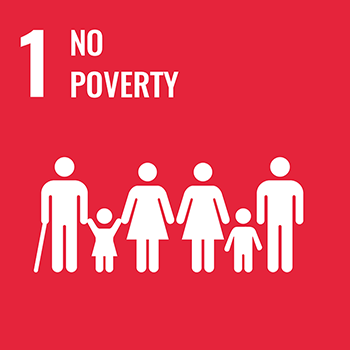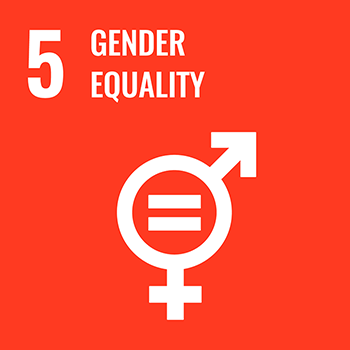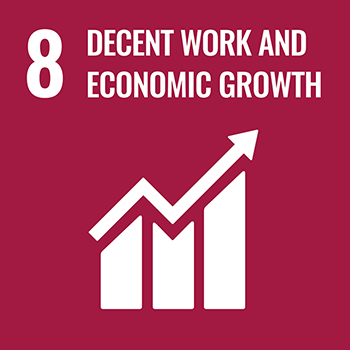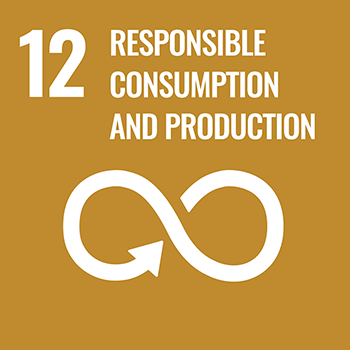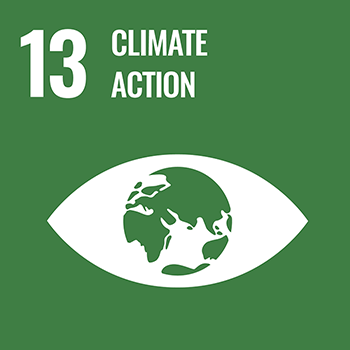Get in touch with from Adapta Group LTDA-EPP
Adapta Group LTDA-EPP
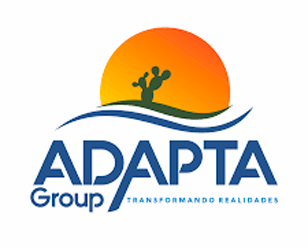
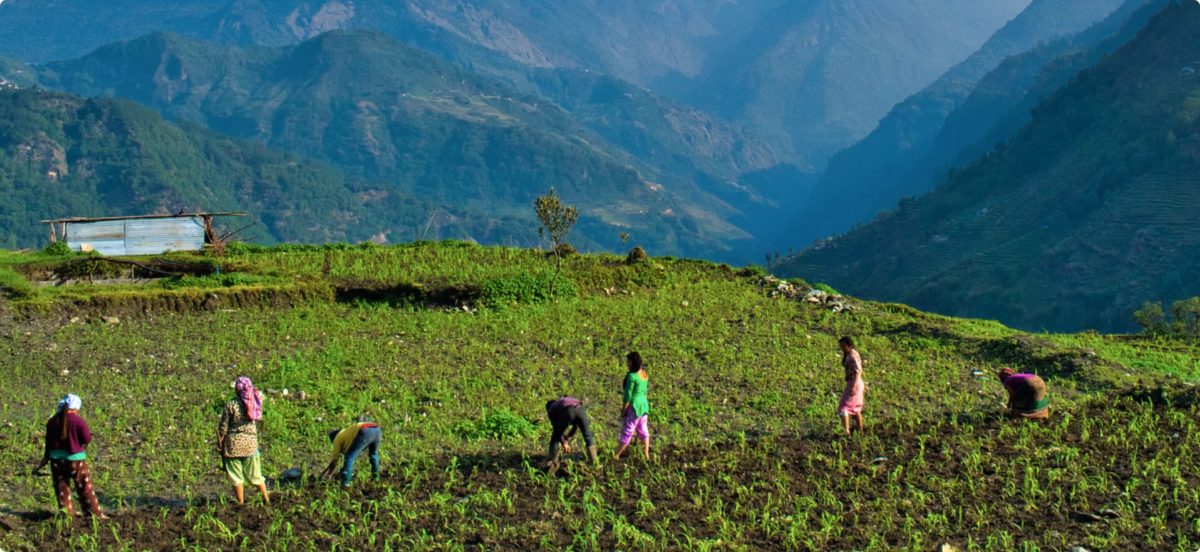
Adapta Group LTDA has developed a corporate program called MAIS with the objective of making the supply chains of major commodities and corporations low carbon and climate resilient.
The MAIS Program is the result of a 15+ years R&D effort that engaged local communities and farmer cooperatives with leading development entities (e.g., InterAmerican Development Bank (IDB/Fumin), German Environmental Agency (UBA), Brazilian Ministry of the Environment, Petrobras, Dutch Ministry of International Cooperation, Bahia Government, among others). The MAIS Program is a globally scalable solution to build climate resilience and carbon neutrality in supply chains that strongly rely on these farmers. The solution is comprised of (i) a technical assistance program, (ii) customized financial products to finance farmers who enroll in the MAIS Program, and (iii) monitoring and evaluation services, which includes a monitoring and evaluation platform available on tablets and smartphones to analyze projects at the farm- and program-levels.
- Headquarters
- Rio de Janeiro, State of Rio de Janeiro, Brazil
- Countries of operation
- Brazil
- Year Founded
- 2015
- View Website
- https://www.adaptagroup.com
ASAP Classifications
- Climate Related Hazards
- Temperature variability
- Human and Managed Systems
- Reduced agricultural productivity and food security
- Physical and Biological Systems
- Heat Stress, Water Stress
Markets and Customers Served
The MAIS Program is targeted for corporate clients and large government programs with agricultural supply chains that are at risk to climate impacts. Adapta will also serve farmers enrolled in any MAIS Program directly through its financial product offerings.
Climate Vulnerabilities Addressed
Increased supply oscillations due to increasing climate shocks (water scarcity and/or extreme rainfall)
Lower farmers’ income and value chain profitability also due to increasing climate shocks (water scarcity and/or extreme rainfall)
Decreasing farmers’ outputs due to prolonged heat waves
Business Model
Adapta provides the following products and services to its corporate, government, and farmer customers
-
Technical assistance services
Designing and implementing technical solutions for adaptation and mitigation in agricultural supply chains for its corporate and government clients. Solutions deployed have been tested and assessed financially before implementation, and they are specifically selected to improve farmer productivity and income while stabilizing supply and reducing carbon footprints.
-
Financial services
The financial arm of Adapta Group, Adapta Group Fintech (FINMAIS), is being established in 2020 to provide customized financial products to farmers enrolled in the technical assistance program. The combination of the technical and financial services accelerates farmer uptake of technical solutions.
-
Monitoring and evaluation services
Adapta monitors the program at a farm and program level through key indicators indicating how and when farmers achieve individual and collective milestones. The indicators are collected monthly during the program and periodically analyzed through a digital monitoring and evaluation tool (smartphone APP and AI). The system aims to integrate with digital and precision agriculture to help corporates better understand their supply risks, monitor progress toward carbon neutrality and climate resilience, and understand farmers’ profitability.
How Adapta's Products and Services Are Building Climate Resilience
Family farmers are of paramount importance to the sustainability of local product supply. Small and medium farmers supply a significant share of agricultural and forestry products globally (80% of cocoa; 60% of coffee; 70% of milk). They also help to guarantee food (bio)diversity, which contributes to healthier and more sustainable nutrition.
However, they are at risk of losing productivity, especially in developing countries, because of three main factors: (i) climate change, (ii) public policies that have not been able to support them properly; and (iii) little technical assistance and investment to decarbonize and adapt agricultural supply. The global food sector is worth $7 trillion per year. Including other nature-based products like timber/construction material, textiles, and pharmaceutical products, family farmers operate in an almost $30 trillion market, representing 25% of global GDP. Consequently, it’s clear how global agricultural supply is at risk of serious impact if mitigation and climate resilience strategies are not adopted at scale by these farmers.
The MAIS Program involves analyzing climate data (meteorological stations; informal reports; farmer interviews) to understand ongoing trends. Adapta then designs a comprehensive solution, drawing from a portfolio of technologies and practices that address specific, critical climate risks identified through their analysis. Adapta then helps farmers to adopt these solutions through its suite of services, which includes implementing technologies and practices, accelerating their uptake through financial products, and assessing progress and impact through its monitoring and evaluation platform.
Relevant Sustainable Development Goals (SDGs)
Opportunities to scale and for technical assistance
Adapta seeks to scale its solution across different supply chains, biomes and geographies, beginning with Brazil, then other countries Latin America and Africa – specifically by:
- improving digital tools for monitoring and evaluation (e.g., incorporate supply chain traceability, BI for farm management, productivity and production oscillations, streamlining impact and climate resilience measurements);
- capitalizing financing vehicle FINMAIS to finance the farmers engaged in Adapta’s programs, in order to enhance farming practices while expediting their income generation, thereby also reducing credit risk;
- enhancing technical training capabilities with staff experienced in agroforestry, regenerative agriculture in different pivot crops (e.g., cocoa, coffee, grains, coconuts, cotton and vegetal fibers) and growing existing expertise in milk, lamb, fruits, and vegetables;
- finetuning MAIS solution in other biomes, such as tropical forests, waterlands, pampa, etc
Potential impact metrics
Climate Risk Score
Increased supply oscillations due to difference between the amount a farmer needs to invest to implement 100% of proposed technological interventions and the amount the farmer has invested already. A climate risk score of 0% means the farmer has made all key investments to become climate resilient in different climate change scenarios. climate shocks (water scarcity and/or extreme rainfall)
Resilience Score
Amount of water and feed a farmer has stored in his/her farm in relation to the number of animals. It measures water and feed sufficiency in case of extreme weather impacts.
Financial Viability Indicator
Financial metrics to monitor the financial performance of the farm.
Soil organic matter build-up
The annual accumulation of organic matter in the soil indicates if a farmer is regenerating the land. Higher OM concentrations indicate higher carbon content in the soil, which increases soil water retention, decreases the need of external fertilizers, and strengthens crop resistance to pests and diseases.
Total asset value
Value of assets stored on the farm. Decreasing asset values usually implies losses due to climate events and/or bad farm management.
Additional Info
- Generating revenue?
- We are generating revenue
Primary Contact Information
- Name
- Daniele Cesano
- Phone
- +55 21 96674 5749
- dcesano@adaptagroup.com
Last updated: May 14, 2021
